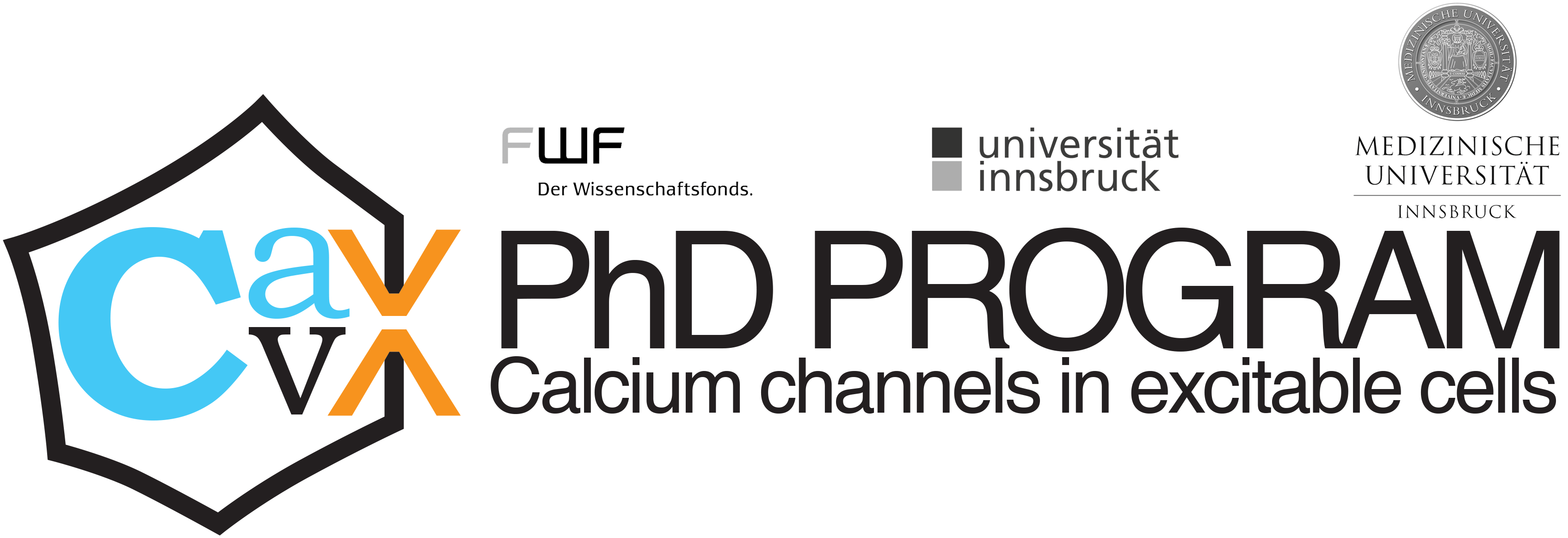// MATTHIAS GANGLBERGER
Koschak Research Group
Institute of Pharmacy, Dept. of Pharmacology and Toxicology
University of Innsbruck
// INFORMATION
Nationality: Austria
Education: Mag. in Pharmacy at the University of Innsbruck
E-Mail: Matthias.Ganglberger@uibk.ac.at
ResearchGate
Supervisor: a.o.Univ.-Prof. Dr. Alexandra Koschak
// PROJECT
Molecular environment of retinal Cav1.4 L-type calcium channels – insights from two novel Cav1.4 mouse mutants
Voltage-gated calcium channels (VGCC) are essential for the function of excitable cells by initiating many different cellular events, including excitation-contraction coupling, transmitter release, enzyme regulation and hormone secretion. In my research I will especially focus on the Cav1.4 channel in the retina, which is expressed at the synaptic terminals of photoreceptors and bipolar cells, and is required for normal visual function through promoting tonic glutamate release.
There are more than 100 mutations already found in the CACNA1F gene that encodes Cav1.4 channels, which causes congenital stationary night blindness type 2 (CSNB2). This X-linked hereditary disease affects the signal transmission within photoreceptors and bipolar cells. Typical symptoms in CSNB2 patients are moderately reduced visual acuity, myopia, nystagmus, photophobia and variable degrees of night blindness.
During my thesis I will investigate in a truncation mutation of the Cav1.4 channel. This mutation does not necessarily lead to a misfolding of the channel, but eliminates calcium dependent inactivation (CDI). The reason lies in the absence of the C-terminal modulatory domain (CTM), which masks the calmodulin (CaM) binding side and inhibits channel-closing.
The aim of the project is to investigate the effect of the truncated Cav1.4 channel on the morphological structure of the retina and determine the protein interactions pre- and postsynaptically especially within photoreceptors and bipolar cells.
Methods: Immunohistochemistry, Co-Immunoprecipitation (Co-IP) Western blot analysis, Mouse handling, Proximity proteomics, Mass spectroscopy
// INTERNAL COLLABORATIONS
// EXTERNAL COLLABORATIONS
- Alexander Heberle, PhD, University of Innsbruck
- Prof. Dr. Marcel Kwiatkowski, University of Innsbruck
